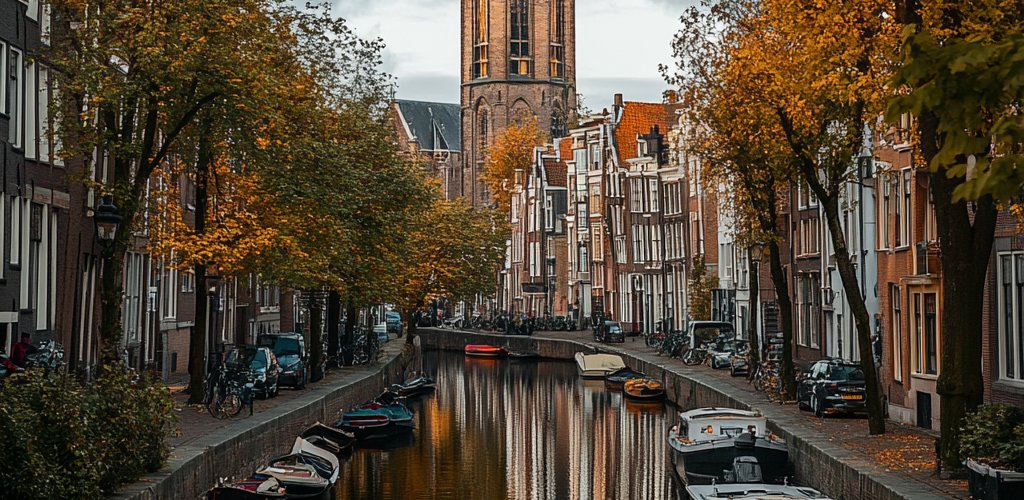- Six plots with paving were created from a split parcel with a parking lot.
- X BV bought the parcel in 2018, which included a parking lot with paving, a lamppost, curbs, and drainage.
- The parcel was split into plots 6 to 11, sold in 2020 to private buyers.
- The Tax Authority classified all plots as undeveloped land, subject to VAT.
- Gelderland Court ruled the plots were developed land due to the paving being hard to remove.
- Arnhem-Leeuwarden Court disagreed, assessing plots individually.
- The court found the paving was not fixed to the ground, classifying plots 6, 7, 9, 10, and 11 as undeveloped.
- Plot 8 was exempt from VAT due to a lamppost and drainage, considered a building.
- X BV filed four complaints in cassation.
- The first complaint argued the court misapplied the Maierhofer standard.
- The A-G concluded the court’s decision was well-reasoned and aligned with the Maierhofer standard.
- The second complaint involved the incorrect application of the Real Estate Decree 2023 instead of 2013.
Source: btwjurisprudentie.nl
Note that this post was (partially) written with the help of AI. It is always useful to review the original source material, and where needed to obtain (local) advice from a specialist.
Latest Posts in "Netherlands"
- No VAT Fiscal Unity Without Financial Integration, Rules Advocate General Ettema
- No VAT group according to AG due to lack of financial interconnectedness
- VAT in 2026: mark these deadlines in your calendar
- Supreme Court Upholds Additional VAT Assessment Due to Insufficient Proof Against Revenue Reconstruction
- Tourist Tax Included in VAT Base for Campsite Services, Supreme Court Rules














